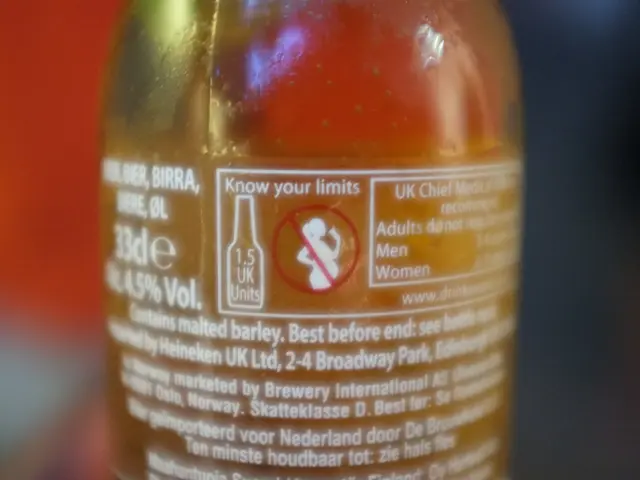Study Exposes Climate Policy Gap: Meat & Dairy Industry's Emissions Unaddressed
A 2023 study has exposed a significant gap in climate policy, revealing that the meat and dairy industry's emissions remain largely unaddressed. Despite the sector's substantial footprint, it has been left out of mandatory emissions reduction requirements in many countries.
The study examined the policy landscape in 11 countries where 22 large meat and dairy companies are headquartered. It found that the emissions of these companies have been largely overlooked, with only three out of 15 companies with net zero pledges aligning with the Science-Based Targets Initiative's 2050 target. This lack of scrutiny is alarming, given that the combined emissions of these companies exceeded the individual footprints of the largest oil firms.
The upcoming COP30 negotiations in Brazil present an opportunity to address this issue. Agricultural methane should be a core focus, as it was notably absent from the COP29 deal in Baku. Over 200 delegates from the agriculture industry attended the negotiations, indicating the sector's awareness of the growing scrutiny. However, Brazil, the world's third-largest cattle producer and second-largest beef exporter, brought the highest number of agriculture lobbyists, including representatives from large meat companies, to COP29. This influence may have contributed to the lack of meaningful commitments to reduce agricultural methane.
The meat and dairy industry's emissions must be addressed urgently. The upcoming COP30 negotiations provide a crucial opportunity to include mandatory emissions reductions requirements for this sector. With Brazil's significant role in the industry and its influence at COP negotiations, it is essential to ensure that the voices of these companies do not overshadow the need for ambitious climate action.
Read also:
- Deadly addiction: strategies for smoking cessation to live longer
- Magnesium-Rich Beverages: Origins, Advantages, and Potential Hazards
- Chinese Rare-Earth Mining Endangers the Mekong River's Integrity
- Deteriorating munitions are submerged in the Baltic Sea, and Germany aims to retrieve them before it's too late.







